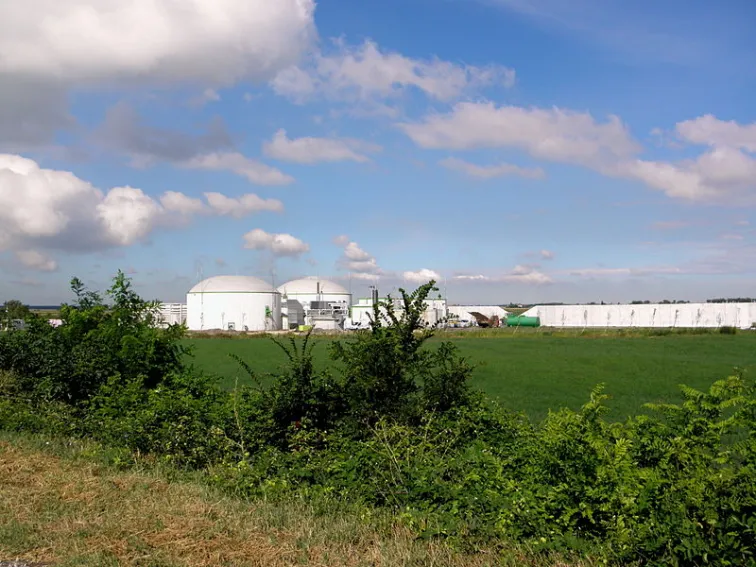
Biomass feeds Malaysia's appetite for renewables
More joint ventures with multinationals are on the cards.
Analysts forecast that Malaysia will take good advantage of waste and by-products from its substantial agricultural and forestry industry to generate biomass-fired power over the coming years.
According to a report by BMI Research, the Malaysian government will likely tap into rice, sugar, and palm oil production, as well as into forestry activities and municipal waste as a source of feedstock for the biomass sector.
Already, Tenaga Nasional Berhad (TNB) has formed joint ventures at the local level with the aim to develop biomass facilities. The electric utility has inked joint ventures with agribusiness multinationals such as Sime Darby, Felda, and World Wide Holdings.
“Under the 11th Malaysia Plan for development, the biomass sector is identified as a key contributor to the target of sourcing 30% of power from renewable energy (including hydropower) within the next eight years. We note that TNB has formed joint ventures at the local level with the aim to develop biomass facilities in Jengka in Pahang State, Layang-Layang in Johor State and Bagan Datuk in Perak State with Sime Darby as well as two other facilities in Puchong and Jeram in Selangor with World Wide Holdings,” BMI Research noted.
Photo from Threecharlie - Own work, CC BY-SA 3.0
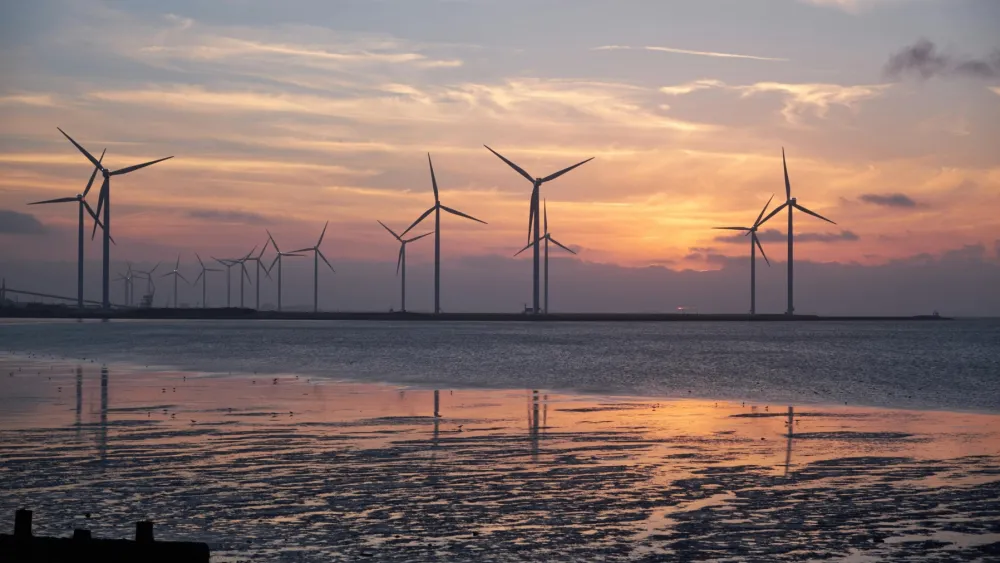
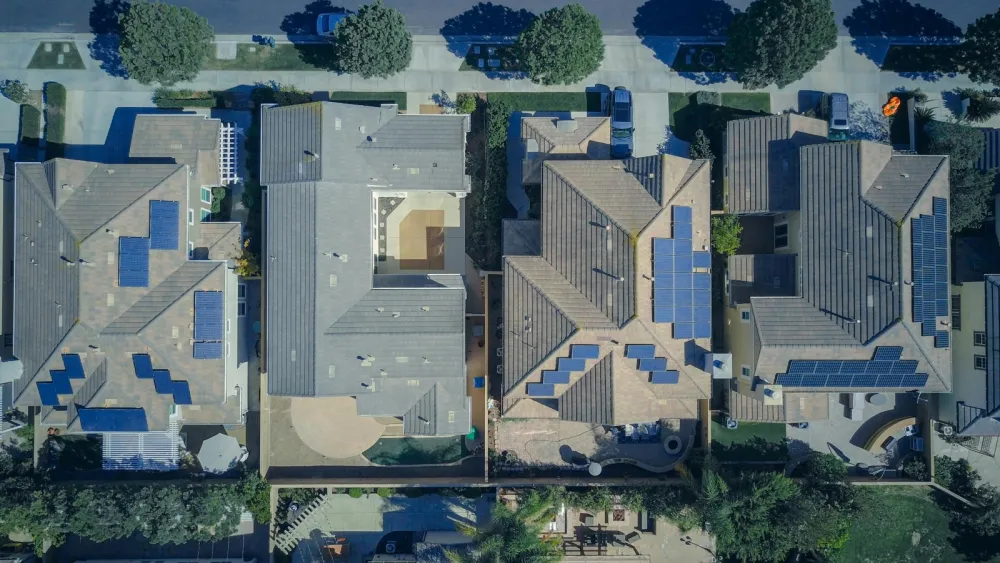

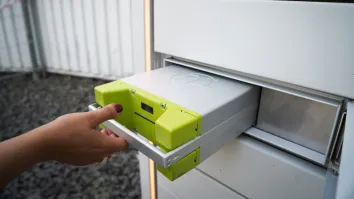
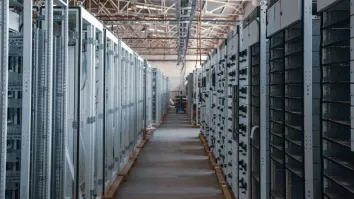
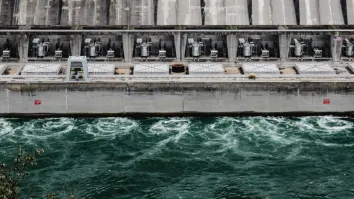













 Advertise
Advertise







